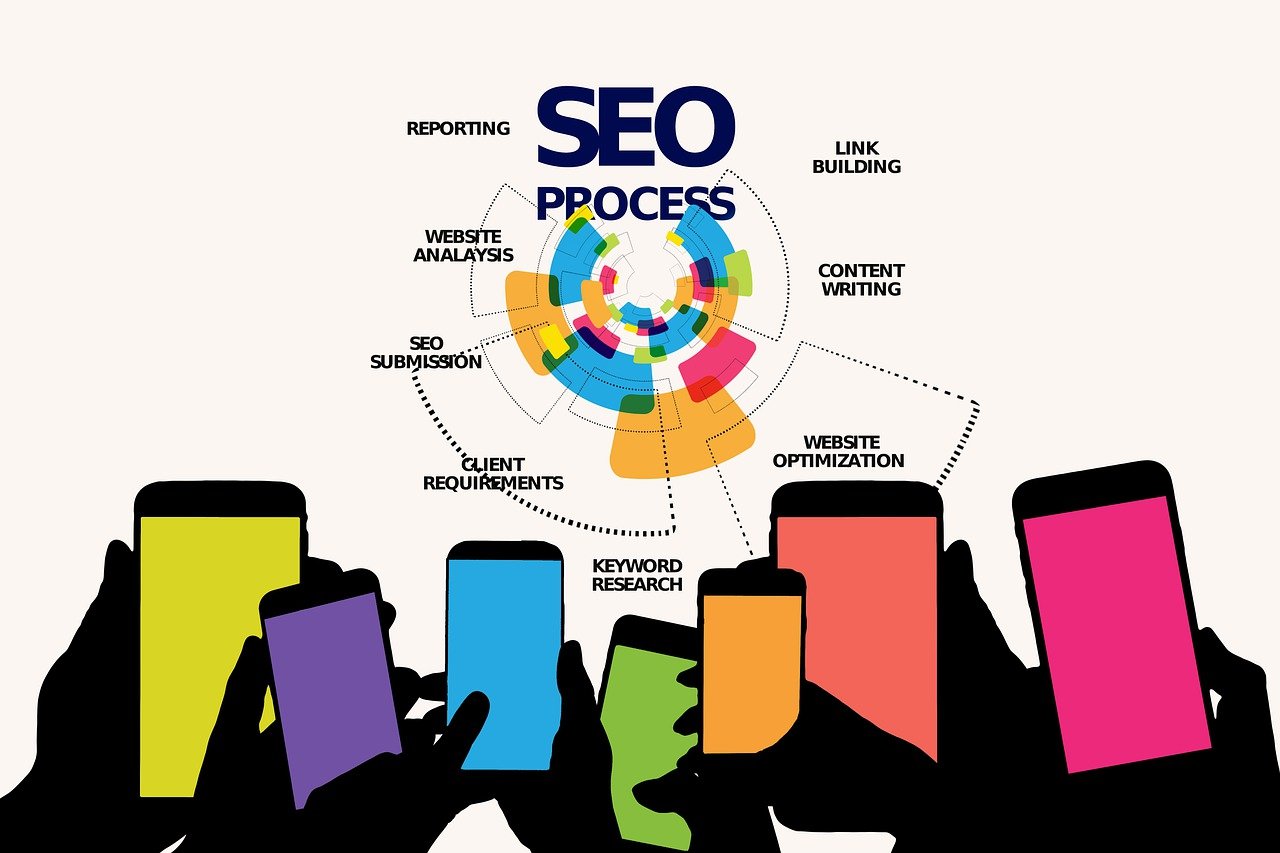
August 25, 2023
Certainly! Keywords are the foundation of search engine optimization (SEO) and search engine marketing (SEM). Understanding the different types of keywords and how to use them effectively is essential for driving targeted traffic to your website. Here’s an overview of the different types of keywords and their usage:
1. Short-Tail Keywords (or Head Keywords):
- Definition: Typically one to two words, these are very broad and have high search volumes.
- Example: “Shoes”
- Usage: Due to their high competition, they’re hard to rank for organically. However, they can be useful in paid search campaigns, albeit at a higher cost-per-click.
2. Long-Tail Keywords:
- Definition: These are longer phrases (usually three words or more) that are more specific than short-tail keywords. They have lower search volumes but tend to have higher conversion rates.
- Example: “Women’s red running shoes”
- Usage: Great for organic search strategies due to their specificity and lower competition. Also beneficial in paid search campaigns for more targeted reach.
3. Branded Keywords:
- Definition: Keywords that include a brand’s name or variations of it.
- Example: “Nike sneakers”
- Usage: Important for businesses to monitor and rank for, especially to protect brand reputation and ensure brand visibility.
4. Non-Branded Keywords:
- Definition: Keywords that don’t contain a brand’s name and are more generic.
- Example: “Running sneakers”
- Usage: Crucial for businesses trying to capture potential customers in the awareness or consideration stages.
5. Product Keywords:
- Definition: Specific to what a business is selling.
- Example: “Trail running shoes”
- Usage: Ideal for product pages or eCommerce listings.
6. Geo-Targeted Keywords (or Local Keywords):
- Definition: Keywords specific to a location.
- Example: “Italian restaurant in Brooklyn”
- Usage: Essential for local businesses or businesses targeting specific regions or cities.
7. LSI (Latent Semantic Indexing) Keywords:
- Definition: These are semantically related to your primary keyword.
- Example: For the primary keyword “digital marketing,” LSI keywords might include “online advertising,” “content strategy,” or “search engine optimization.”
- Usage: Helps search engines understand context and can enhance content richness.
8. Transactional Keywords:
- Definition: Keywords indicating a strong intent to make a purchase or convert in some way.
- Example: “Buy leather boots online”
- Usage: Ideal for sales pages or eCommerce product listings.
9. Informational Keywords:
- Definition: Keywords indicating a searcher is looking for information.
- Example: “How to clean leather boots”
- Usage: Best suited for blog posts, tutorials, FAQs, or other informative content.
10. Navigational Keywords:
- Definition: Keywords indicating a searcher is looking for a specific website or page.
- Example: “Nike store locator”
- Usage: Important for ensuring users find the correct pages associated with a brand.
When crafting a content or advertising strategy, understanding these keyword types is crucial. It allows you to align your content with user intent, which can lead to better search rankings, higher click-through rates, and more conversions.


